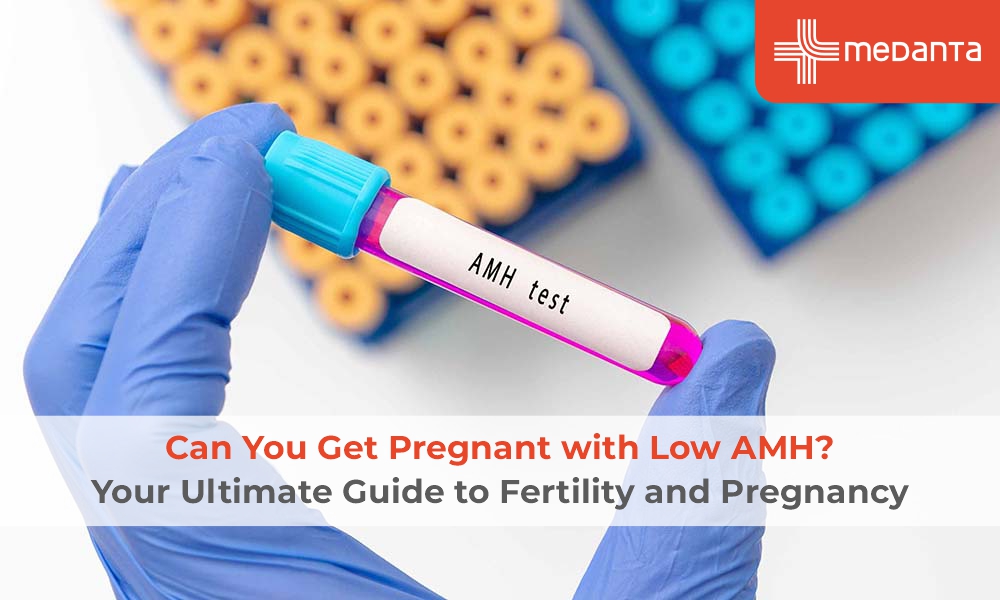Dealing with Gastrointestinal Diseases in the Rainy Season

Are you eagerly waiting for the rainy season? And why not? The cooler monsoon temperatures bring much-needed relief from the scorching summer heat. However, on the downside, it also ushers in a host of health challenges, with gastrointestinal diseases being the most prevalent issues.
The combination of increased humidity, stagnant water, food and water contamination, and the proliferation of disease-causing microbes creates an environment conducive to the spread of GI ailments. Understanding the common gastrointestinal diseases prevalent in the monsoon and adopting preventive measures is crucial for maintaining health.
In this article, you can learn practical tips for dealing with common GI diseases during rainy months.
Common Gastrointestinal Diseases in the Monsoon
A large number of people can encounter different gastrointestinal problems during monsoon due to higher humidity levels, tainted water and foods, and stagnant water, all contributing to a weak immune system. The following listed are some of the most prevalent GI-related Rainy Season Diseases:
Gastroenteritis
It’s a common affliction during the monsoon, characterised by inflammation of the stomach and intestines. Usually, viruses like norovirus and rotavirus and bacteria such as E. coli, Salmonella, and Shigella are the culprits behind gastroenteritis.
You might suffer from diarrhoea, vomiting, abdominal cramps, and fever when having gastroenteritis. Furthermore, contaminated food and water are typical sources of this infection, but you can also contract it by being in direct contact with an infected person.
Typhoid Fever
Caused by Salmonella typhi, typhoid fever is another significant concern during rainy days. It’s often spread through the consumption of tainted food and water.
When diagnosed with typhoid fever, you might have prolonged high fever, headache, stomach pain, and either constipation or diarrhoea. In severe cases, it can lead to complications like intestinal perforation and haemorrhage.
Hepatitis A and E
Transmitted through ingesting unclean food and water, Hepatitis A and E are viral infections affecting your liver. These diseases are particularly common during the monsoon due to deteriorated sanitation conditions.
The symptoms you can commonly suspect are jaundice, fatigue, abdominal pain, nausea, and dark urine. Although both types usually resolve themselves, they can cause significant discomfort and health issues.
Cholera
The bacterium Vibrio cholerae makes an individual vulnerable to contracting cholera. It’s a severe diarrheal illness that can lead to rapid dehydration and even death if not treated on time.
Cholera is primarily spread through tainted water and is prevalent in areas with inadequate sanitation and water treatment. Some common symptoms you can experience when having cholera are profuse, watery diarrhoea, vomiting, and muscle cramps because of severe dehydration.
Amoebiasis
Triggered by the parasite Entamoeba histolytica, amoebiasis is another gastrointestinal disease that spikes during the monsoon months. You can have amoebiasis by ingesting food or water contaminated with faecal matter that contains the parasite.
People diagnosed with this GI condition can have abdominal pain, diarrhoea, and fever. In severe cases, it can lead to liver abscesses and other complications.
Tips to Deal with Gastrointestinal Diseases in the Monsoon
You might need to adopt a combination of preventive measures to deal with gastrointestinal diseases during the rainy season, such as proper hygiene, immediate medical attention when symptoms arise, and more. Here outlined are some essential tips to help manage and prevent stomach problems in monsoon:
- Maintain Personal Hygiene: The easiest way to protect yourself against gastrointestinal diseases during rainy days is to maintain personal hygiene. You must regularly wash your hands with soap and clean water or just use hand sanitiser, especially before meals and after using the toilet.
- Safe Drinking Water: Ensure the water you drink is safe and clean. Don’t forget to boil water or use water purifiers to eliminate pathogens during rainy days. In addition, you should avoid consuming water from unknown or untrusted sources, as it may be tainted.
- Ensure Food Safety: During the monsoon, you must pay extra attention to food hygiene. Avoid eating street food, as it is often prepared in unsanitary conditions and might be contaminated. Moreover, when preparing a meal at home, cook food thoroughly to kill harmful microorganisms and consume it while it's hot. Don’t forget to wash fruits and vegetables thoroughly with clean water before consumption.
- Proper Sanitation: Some other monsoon healthy tips you should follow to keep GI ailments at bay is practicing good sanitation practices. Keep your toilets and bathrooms clean and sanitised, dispose of waste properly, and avoid open defecation.
- Hydrate Yourself: Are you suffering from diarrhoea or vomiting? If so, keep your hydration levels in check during this monsoon season to cure yourself. Along with water, consider having oral rehydration solutions (ORS) to replace lost fluids and electrolytes. Coconut water and clear soups are also good options for rehydration.
- Have Probiotics: Consuming probiotics through supplements or fermented foods like yoghurt is another effective solution to maintain a healthy gut flora and boost immunity against GI infections.
- Get Vaccinated: Vaccinations are the first-line protection against certain gastrointestinal diseases like typhoid and hepatitis A. Consider consulting with your healthcare provider about the recommended vaccinations, especially if planning to live in or travel to areas prone to these GI diseases during monsoon.
- Practice Rainwater Management: Stagnant water serves as a breeding ground for pathogens and, thus, contributes to GI ailments during the rainy season. Properly managing rainwater and preventing water stagnation around your home can help you protect against these diseases. In addition, make sure the drains nearby are unclogged, and water does not accumulate in open areas.
Final Takeaway
Despite its many joys, the rainy season poses significant health risks, especially in the form of gastrointestinal diseases. By adopting preventive measures, such as maintaining hygiene, ensuring food and water safety, staying hydrated, and seeking timely medical advice, you can safeguard yourself against GI conditions commonly prevalent in monsoons.






